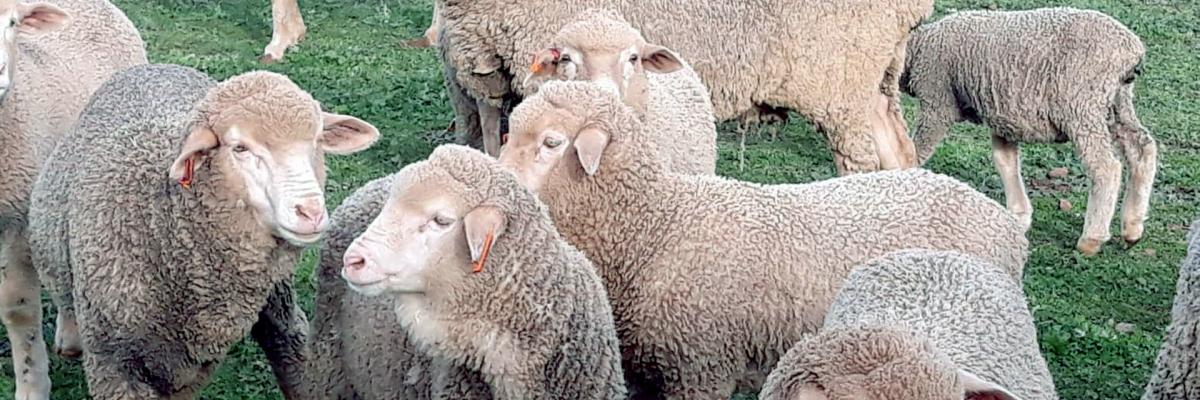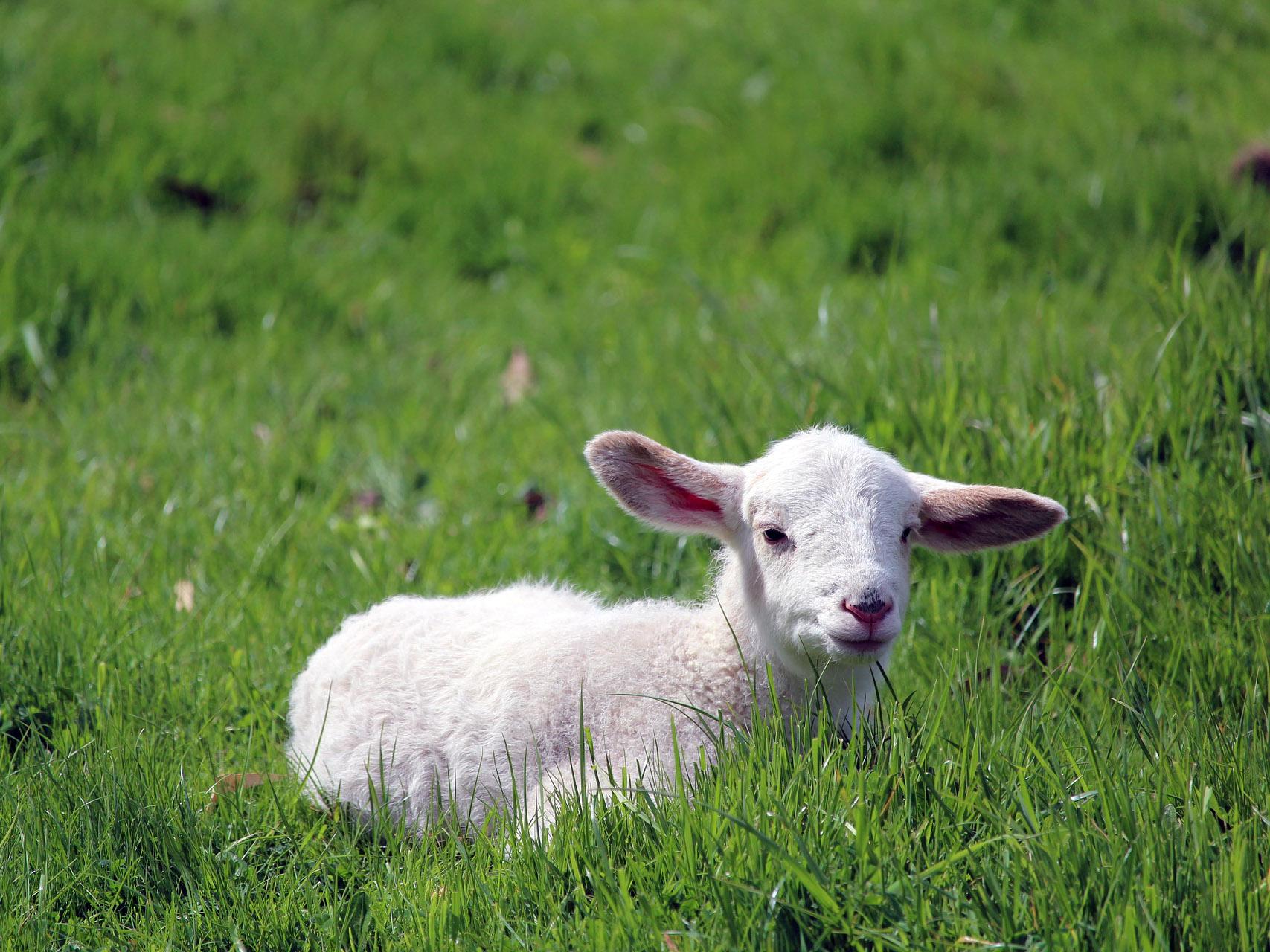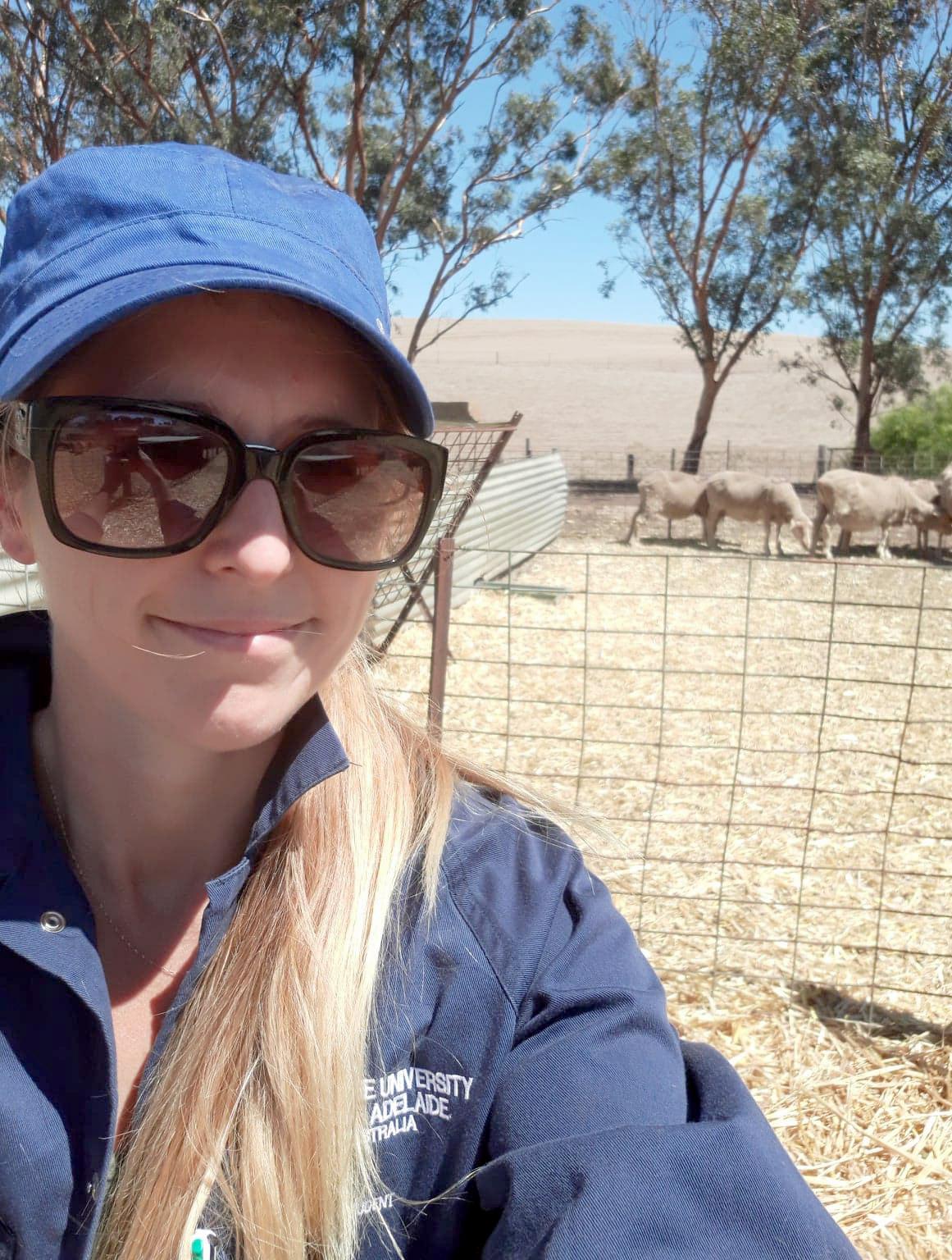Maternal supplementation to improve lamb survival
Study animal science and investigate maternal supplementation during late pregnancy to improve lamb survival.

High intra-partum and early post-partum lamb mortalities are a significant welfare concern within the sheep production industry. The majority (70 – 90%) of mortalities occur during parturition or within three days of birth, severely limiting the productivity of breeding animals.
Dystocia and death in utero (prematurity/stillbirth) contributes approximately 48% of all lamb mortalities, with up to 7% of twin lambs (3% for singleton) born dead and a further 6% (3% for singletons) of post-partum mortalities primarily resulting from asphyxia.
As a result, there is a need to develop prenatal strategies which enable the neonate to successfully transition to the harsh extra-uterine environment, while maximising the survival of low viability individuals.
One potential strategy is the use of caffeine, which has been used for many years as a pharmacological tool to treat acute and chronic disorders, including apnoea in premature infants and neurological development, injury or disease. While primarily the focus for human research, recent studies conducted in production animals has shown caffeine can improve fetal oxygen content and cerebral metabolism of oxygen. Further, the effects of caffeine have been shown to reduce the number of stillbirths in piglets.
To date, only one study has been published on maternal supplementation of caffeine during late gestation in sheep, and as there are a number or reported benefits of caffeine to improve neonatal survival, this project is designed to test the level of caffeine supplementation fed to outdoor, semi-intensive grazing ewes during late gestation.

What you'll learn
During this project, you will be trained in, and allowed to further develop skills in, animal handling, husbandry and management, including animal welfare and care of animals under research conditions. Additionally, you will develop a number of research skills including biological sample collection, processing and analysis, statistical analysis, writing a thesis and scientific communication.
This honours project is suited for a student looking to begin a career in research, or a student wanting to develop technical/practical skills in animal research and management.
This experiment is a part of a large scale collaborative project between the University of Adelaide and the South Australian Research and Development Institute (SARDI). During this project, you will have opportunities to meet and network with a number of senior academics and researchers involved within the Davies Research Centre within the University of Adelaide, and senior livestock scientists at SARDI's research facility, 15 mins from the Roseworthy campus.
PhD or MPhil opportunities available
This research area also has Higher Degree by Research opportunities available. If you are interested in completing a PhD or MPhil on this topic, please contact the supervisors below.

Supervisors
Co-supervisor: Dr Will Van Wettere
Research area: Production animal health, Davies Research Centre
Recommended honours enrolment: Honours in Animal Science
